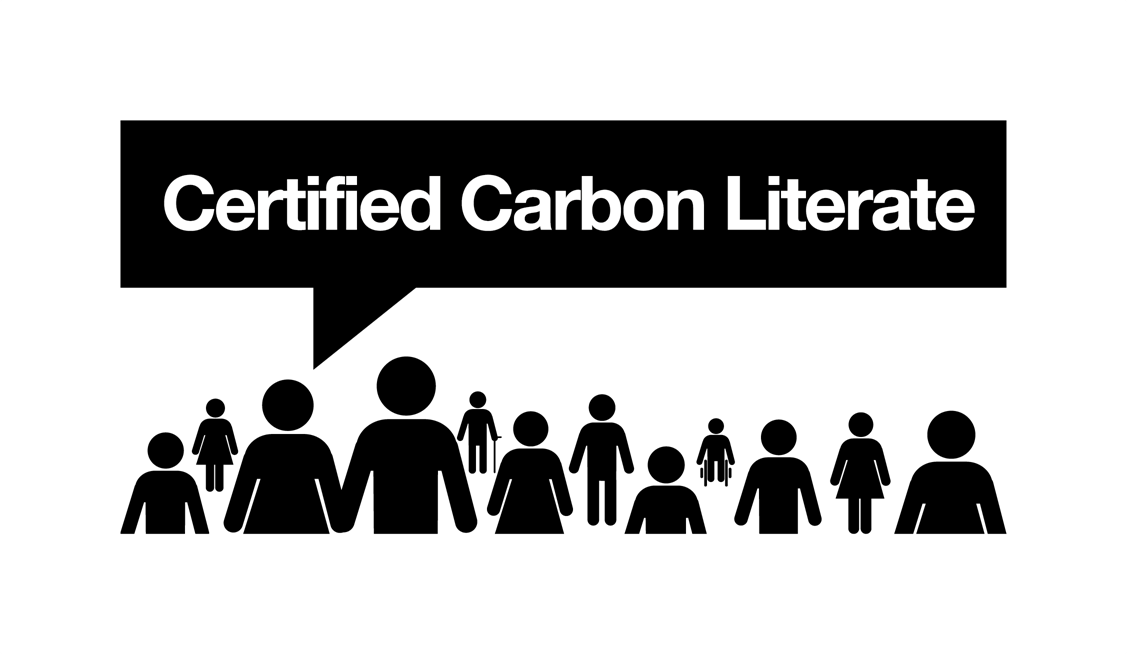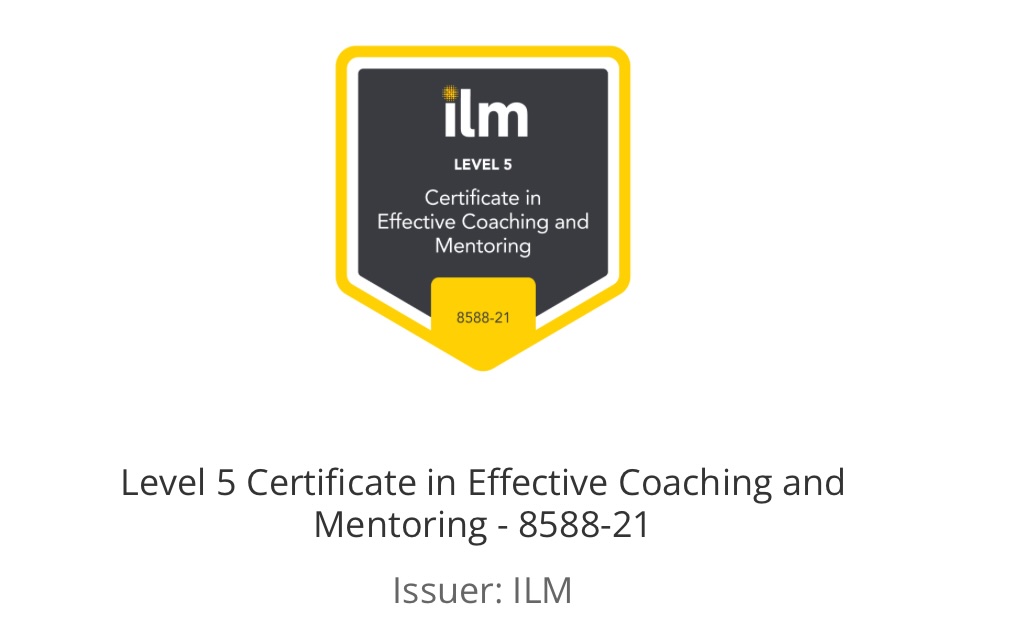“Instead of filling trash bags with unwanted stuff, unwant the stuff before you buy it.”
(Francine Jay)
I recently came across this quote and it really made me stop in my tracks. In a world where consumerism permeates our everyday life and seems to be what we should be striving for, the idea of “unwanting” before buying might sound radical, but it holds a lot of potential. It is a major shift in mindset of how we can think about one of today’s biggest challenges: our (over)consumption habits via access to instant gratification which impact both our lives and the planet.
It’s easy to get caught up in a cycle of acquiring things. With the convenience of online shopping and next-day delivery, we’re often just a few clicks away from adding another item to our cart. But amidst this culture of instant gratification, how often do we pause to question not only the necessity of our purchases but also the quantities?
Mindfulness can play a crucial role in this process. By cultivating awareness of our behaviour and choices, we become more attuned to the impacts of these behaviours and choices. This is true for most things, I would say, and especially so when it comes to consumption.
How do we address consumption at an individual and collective level? We can start by asking ourselves important questions:
- Will I truly use this item, or will it end up collecting dust on a shelf?
- How frequently will I use it, and does its value justify the resources it consumes?
- Where does it come from, and under what conditions was it produced?
- How am I paying for it? With existing resources or on credit?
- Do I truly need it? And if so, do I really need to buy more than one?
These questions extend beyond mere functionality and help us consider the ethical and environmental dimensions of our purchases. As more conscious consumers, we recognise the interconnectedness of our actions with broader social and ecological systems. We can start supporting sustainable practices and minimise our ecological footprint, when we start to pay more conscious attention and acknowledge that every buying decision has ripple effects that extend far beyond our immediate gratification.
Moreover, adopting a mindset of “unwanting” can create a deeper appreciation for the things we already possess. We learn to value quality over quantity, cherishing items that hold genuine sentimental value or serve a practical purpose in our lives. We may also focus more in time and experiences than the material things in our lives. Mindfulness has also helped me discern more between whether I will actually like something. As with children, when handed a toy to play with that they ‘really really want’, you will often find they stop playing with it shortly after having acquired it – they realise they don’t like it. With mindfulness, we can become more attuned to what we truly like versus what we think we want. This helps us shift from accumulation to appreciation which not only reduces waste but can also enrich our relationship with the material world, by cultivating gratitude and contentment.
Of course, overconsumption and waste are systemic issues which require collective action and systemic change. Corporates and the industry have to take responsibility for a lot of this. However, as individuals, we have significant power through our everyday choices. By embracing an ethos of “unwanting,” we can reclaim agency over our consumption habits and by making small changes, can contribute to a more sustainable and fulfilling way of life.
I want to be clear though that this is not about placing blame or guilt-tripping ourselves for past and current behaviours. And I don’t want to come across as if I have this fully figured out – I haven’t and it’s still a journey for me. I also believe that the way most businesses operate and are designed to create shareholder value is hugely influencing us to buy more. Yet, I do believe we have a huge capacity for change and can take responsibility for the impact of our actions. So, I would like to invite you to consider “unwanting”, a more mindful approach to consumption and intentional living. One that benefits us by creating less clutter in our homes, in the short and long term lead to less waste and is much more in line with planetary boundaries. Perhaps the questions above may provide a helpful starting point.
This blog was inspired by a video I saw on LinkedIn shortly after I had come across Francine’s quote and on which I commented (you can view the video and comment here).


